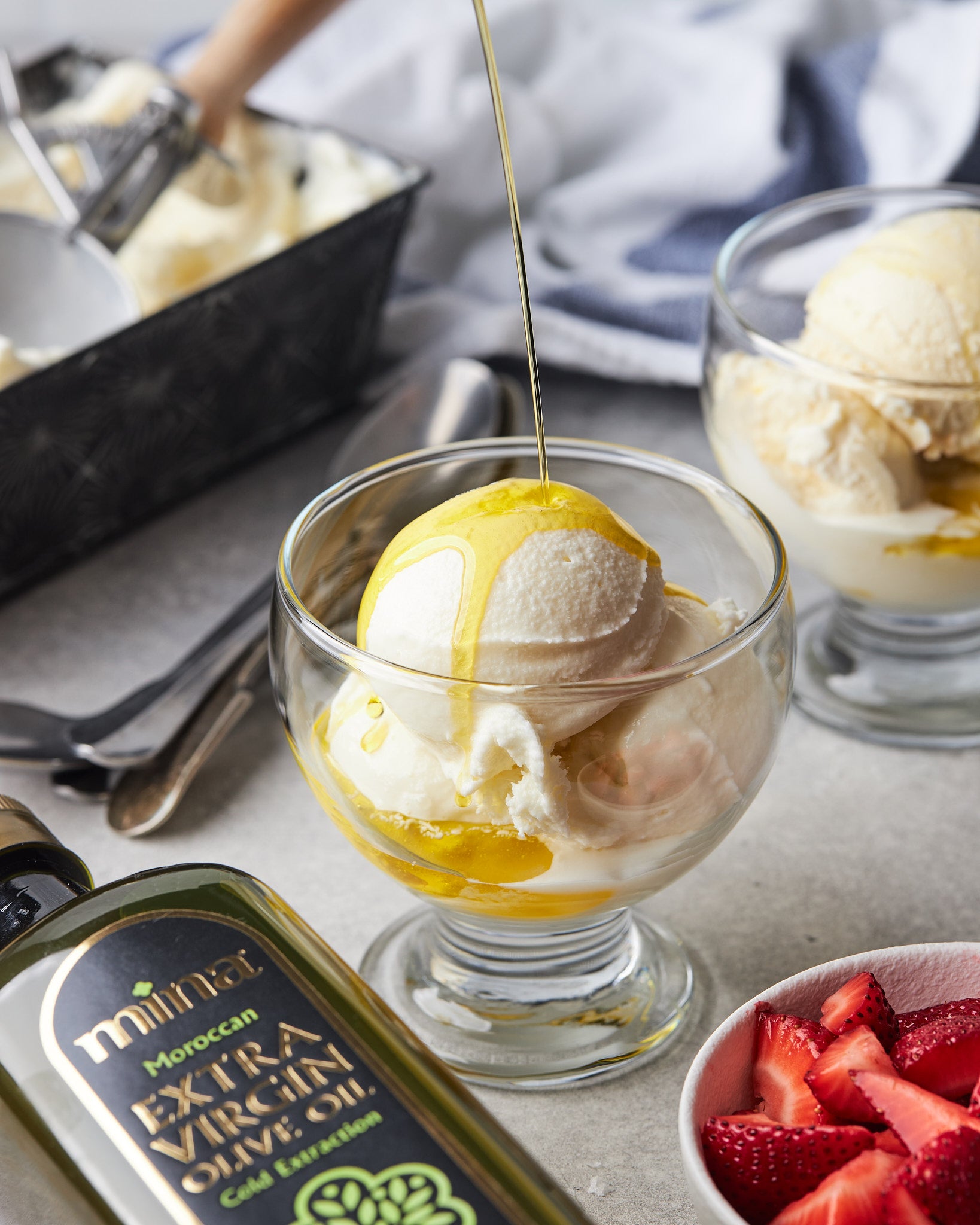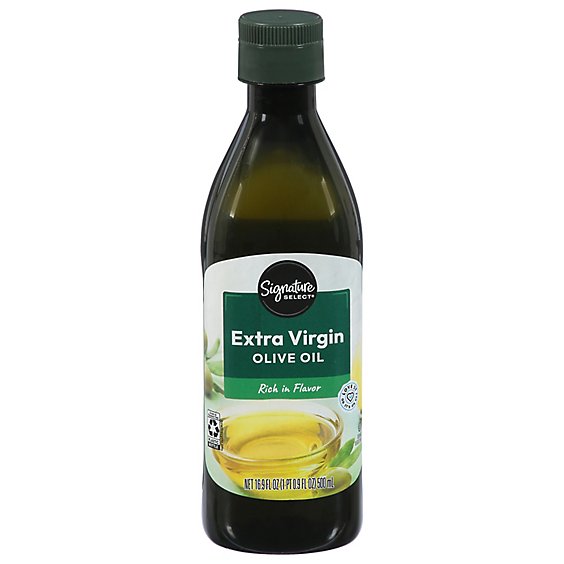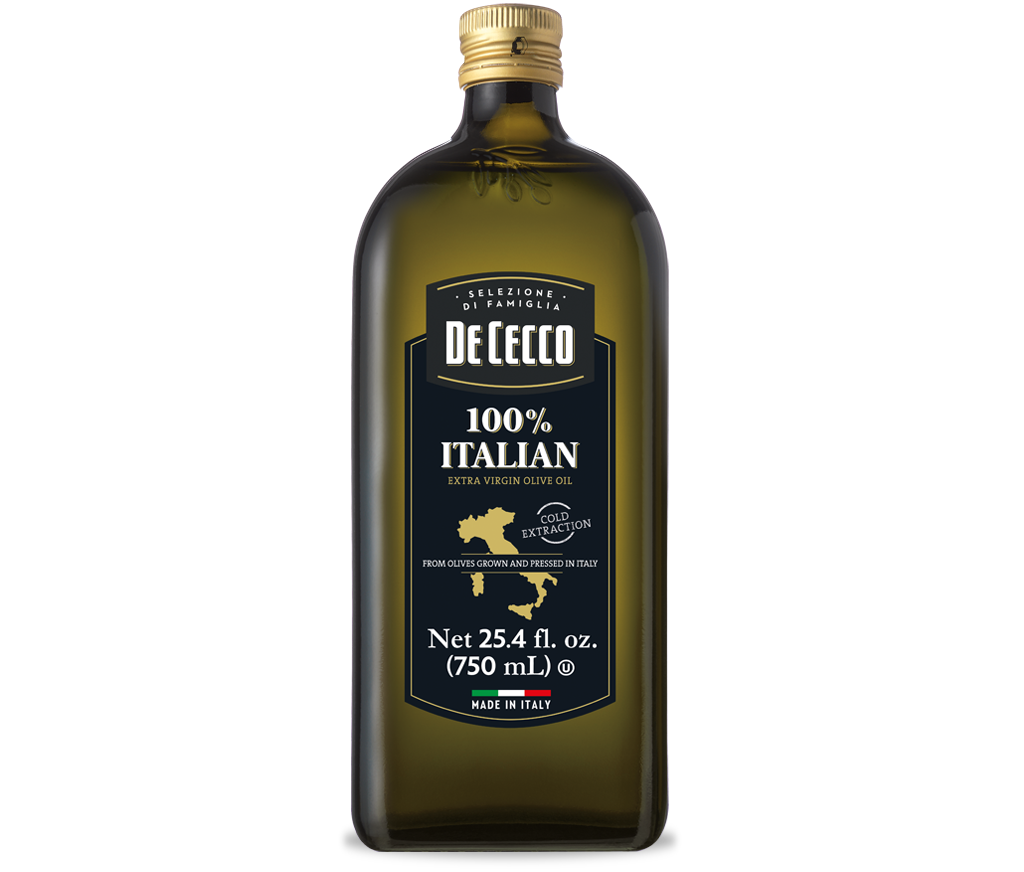Extra Virgin Olive Oil Benefits: How It Supports Healthy Cholesterol Levels
Wiki Article
Checking Out the Different Sorts Of Olive Oil and Their Uses, Consisting Of Bonus Virgin Olive Oil
The exploration of olive oil encompasses a diverse variety of kinds, each offering distinctive flavors and cooking applications. Extra virgin olive oil, renowned for its premium high quality and health and wellness advantages, offers as a staple in many kitchens, yet it is only one aspect of this complex component.What Is Olive Oil?
Stemmed from the fruit of the olive tree, olive oil is a staple in Mediterranean food and a vital active ingredient in numerous cooking applications. This flexible oil is generated by pushing entire olives, leading to a liquid that varies in aroma, color, and flavor depending upon the kind of olives utilized, the region of cultivation, and the extraction process. Olive oil is mostly composed of monounsaturated fats, especially oleic acid, which is recognized for its prospective wellness advantages, including anti-inflammatory properties and cardio assistance.In enhancement to its cooking uses, olive oil has a long background of application in typical medicine and skin care, owing to its rich antioxidant web content (extra virgin olive oil benefits). The oil is typically used in dressings, marinades, and for cooking approaches such as sautéing and roasting. Its unique taste account can enhance the taste of various meals, making it an important component for both home chefs and expert chefs
In addition, olive oil is commemorated for its function in the Mediterranean diet plan, which is connected with various health benefits. As understanding of these benefits expands, olive oil continues to obtain appeal worldwide as a fundamental element of a healthy way of living.
Kinds Of Olive Oil
Understanding the different sorts of olive oil is essential for both culinary enthusiasts and health-conscious customers. Olive oil is classified mainly based on its removal technique and high quality, which substantially affects its scent, wellness, and taste benefits.
Light olive oil, despite its name, refers to a lighter flavor and not lower calories. It is excellent for those looking for a much more subtle preference in sauces and dressings. Additionally, there are flavored olive oils instilled with natural herbs, spices, or citrus, which can boost meals without the demand for extra flavoring.
Each type of olive oil offers specific cooking purposes, and comprehending these distinctions enables consumers to make enlightened choices that line up with their cooking designs and wellness objectives.
Extra Virgin Olive Oil
Extra virgin olive oil (EVOO) is widely considered the finest quality olive oil available, popular for its abundant taste and various health and wellness benefits. To be classified as extra virgin, the oil must be produced from fresh olives using mechanical processes, without making use of solvents or excessive heat. This careful approach maintains the oil's all-natural flavors, anti-oxidants, and healthy fats, leading to an item with a reduced level of acidity level of less than 0.8%.EVOO is abundant in monounsaturated fats, specifically oleic acid, which is linked to decreased swelling and boosted heart health and wellness. It additionally contains polyphenols, powerful antioxidants that might provide protective results versus chronic diseases. The flavor profile of EVOO can vary significantly depending on the olive variety and region of manufacturing, ranging from fruity and verdant to robust and sharp.

Culinary Uses of Olive Oil

In food preparation, olive oil can be used for sautéing, toasting, and grilling, supplying a healthier alternative to butter or various other fats. Its high smoke point makes it suitable for numerous cooking approaches, while its antioxidants contribute to a heart-healthy diet regimen. Sprinkling olive oil over completed dishes, such as pasta, fish, or grilled veggies, can elevate tastes and add a touch of elegance.
In addition, olive oil plays a considerable role in cooking, where it can change traditional fats in recipes for bread and breads, giving dampness and a subtle preference. It also acts as a base for infused oils, allowing cooks to try out flavors such as garlic, natural herbs, or chili, even more increasing its culinary capacity. Generally, olive oil's adaptability makes it essential in both home and expert kitchen areas.
Deciding On Top Quality Olive Oil
When choosing high quality olive oil, it's vital to take into consideration several vital elements that influence the product's scent, health and wellness, and flavor advantages. Decide for additional virgin olive oil (EVOO), which is obtained from the initial cool pressing of olives and has the greatest levels of antioxidants and helpful substances. Search for oils that are accredited by identified companies, as this usually makes sure adherence to strict quality requirements.The packaging likewise plays a considerable role in maintaining the oil's see page stability. Pick oils saved in dark glass bottles or tins to safeguard against light degradation. Focus on the harvest date; fresher oils offer premium flavor and dietary value, so select products that are within 18 months of their harvest.
In addition, consider the beginning of the oil. High-grade olive oils frequently come from certain regions understood for their unique taste accounts, such as Italian, Spanish, or Greek oils. Ultimately, recognize the taste; a great high quality olive oil should have a balance of fruity, bitter, and sharp notes, indicating its splendor and intricacy. By examining these aspects, you can guarantee you are selecting the very best olive oil for your culinary requirements.
Final Thought
In recap, the expedition of different sorts of olive oil exposes unique qualities and applications, with additional virgin olive oil representing the pinnacle of quality as a result of its low best site acidity and high antioxidant material. Its flexibility in culinary uses boosts tastes in dressings, marinades, and showers. Understanding the various varieties of olive oil permits notified options in food preparation approaches, promoting healthier techniques while enriching the overall gastronomic experience. Quality choice remains crucial for optimal advantages.Obtained from the fruit of the olive tree, olive oil is a staple in Mediterranean food and a vital component in different culinary applications.The most usual kinds of olive oil consist of fine-tuned olive oil, pure olive oil, and light olive oil.Extra virgin olive oil (EVOO) is extensively regarded as the highest possible high quality olive oil readily available, well known for its abundant taste and countless wellness benefits. Decide for additional virgin olive oil (EVOO), which is obtained from the initial cool pressing of olives and consists of the highest possible degrees of antioxidants and beneficial compounds.In recap, the exploration of different kinds of olive oil discloses distinct attributes and applications, with added virgin olive oil standing for the pinnacle of quality due to its low acidity and high antioxidant content.
Report this wiki page